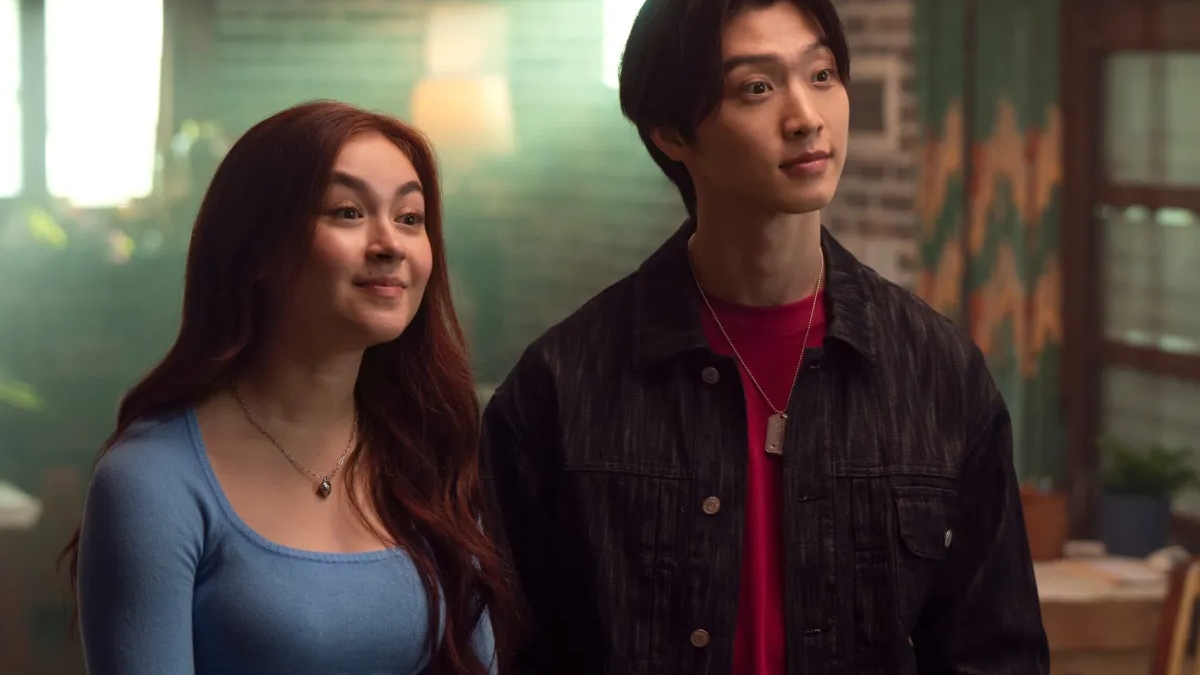Surely, Sherwood’s season 1 story was enough, wasn’t it? The bow-and-arrow-wielding killer had been caught, the police’s underhanded undercover operations in the 1980s were exposed—well, to an extent, at least—and the town could finally begin to heal from the senseless violence inflicted on them by the troubled Scott Rowley (Adam Hugill). Was there really more story to tell?
Yes, as it turns out.
Where season 1 flitted between the coal miners’ strikes of the ’80s and the modern world, inspired by real-life events from 2004, Sherwood season 2 instead plants itself firmly in the present, building its story from the gang and drug-related violence that erupted in Nottinghamshire roughly 10 years ago and the rough political landscape left behind by the Tories, both locally and on a national level.
There’s a proposal for a new coal mine, the “modern” Sherriff of Nottingham is working closely with now-retired police detective Ian St Clair (David Morrissey) to work on progressive community and rehabilitation programs, and the Sparrow family, led by matriarch Daphne (Lorraine Ashbourne) is about to be sucked into a cycle of endless vengeance and death.
While season 1’s biggest strength was how it examined and portrayed the past, Sherwood season 2’s major draw is its character work; somehow, it’s even better this time around. The original cast, including Morrissey, Ashbourne, and Lesley Manville, who plays widow Julie Jackson, all turn in stellar performances once again—Ashbourne, especially, really ups her game once she steps into the spotlight—but newcomers like David Harewood, Oliver Huntingdon, and Harry Summers are all up to the challenge, too. Huntingdon’s character Ryan Bottomley, responsible for the tidal wave of violence that consumes Nottingham and its surrounding towns, is especially mesmerizing. He was undoubtedly in the wrong, but the way he truly, devotedly loves his sister is something to behold.
Ryan’s devotion to his sister is especially apparent when compared with how the Branson family, another of Nottingham’s reigning crime families, handles their grief. While Ryan’s initial act of violence was an eruption of emotion, a swirling combination of drugs, desperation, pride, and resentment, the Branson family’s quest for “justice,” especially Ann Branson’s (Monica Dolan) need for revenge, is more methodical—sociopathic, even. Dolan, too, turns in a gripping performance, though the character sometimes dips her toes into the cartoonishly evil side of things, but it’s her stand-offs with Daphne that truly shine. Sherwood’s creator, James Graham, is not afraid of writing gloriously messy, vulnerable, complicated, rageful women, and his show is all the better for it.
Of course, the Branson vs. Sparrow family rivalry does tend to overshadow the rest of this season’s plot points, which is a shame, as politics is an intrinsic part of the show’s DNA. In some ways, the new mine and the “eat-the-rich” billionaires who proposed it feel like an afterthought, as does Ian’s hope of creating new community programs for vulnerable youths once he’s brought back into the police’s fold to help squash the looming crime wave. Morrissey is as sympathetic and steadfast as ever, though, and his scenes with Julie are a genuinely comforting reprieve from the darkness that permeates this season. Hopefully, that’s something the show can build on in Sherwood season 3.
All in all, James Graham has proven that Sherwood can hold its own as an anthology series, of sorts. Yes, season 2 is still tied to the events of season 1, but politically and thematically, this is a different beast, yet no less impressive and wildly captivating.
The first two episodes of Sherwood season 2 air on BritBox on November 14. Two episodes will be released weekly until all six episodes have aired. The full season is now available to stream on BBC iPlayer in the U.K.










Published: Nov 13, 2024 08:45 am